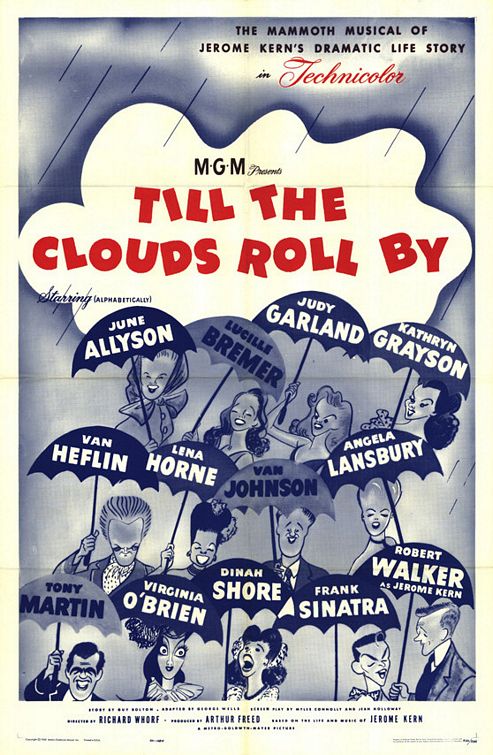
If you like Christian romances and Christian mysteries, Perilous Cove by Rich Bullock might be just your kind of book.
It’s not my kind of book, but I don’t know everything.
Natalie Clayton is a recent widow living in Missouri, contending with a hostile mother-in-law. When her house is torched by an arsonist and someone dies, she begins to suspect that somebody is out to get her. She doesn’t know the half of it.
Detective Addison Conner is a recent widower, trying to raise a teenaged daughter. When he investigates the arson at Natalie’s house, there’s a spark of electricity between them. Natalie has nowhere to go when her house is gone, so he takes her in to live with him and his daughter, temporarily. When a second murder attempt is made on Natalie, “temporarily” begins to look pretty brief.
Natalie knows what she has to do – disappear and relocate to California. But she and Addison are not out of each other’s lives yet.
Perilous Cove was an exciting read, and I’ll admit it caught my emotions.
But it was clumsily written, and heavy on romance novel stuff; the villains were over the top, the conflicts improbable (or so it seemed to me). I found the explosive climax less than credible.
If this is your kind of book, you’ve probably figured that out by now. You’ll probably love Perilous Cove. But I found it disappointing. Fortunately I got it on an Amazon deal.
No bad language, and no cautions except for garden-variety fictional violence.








